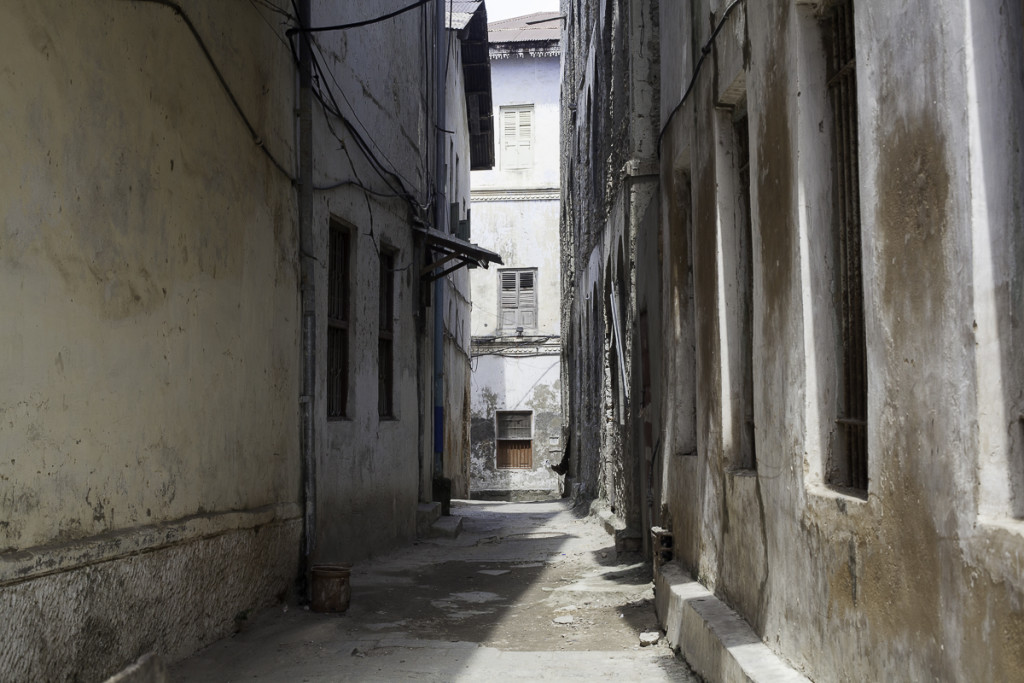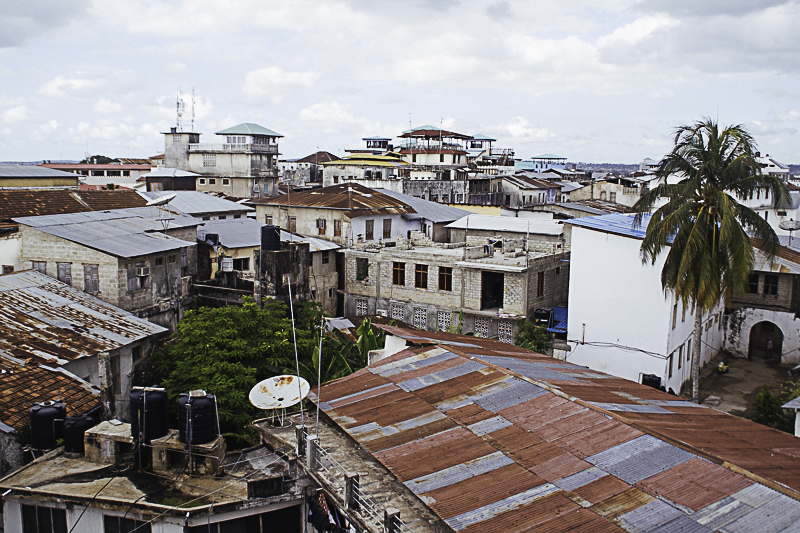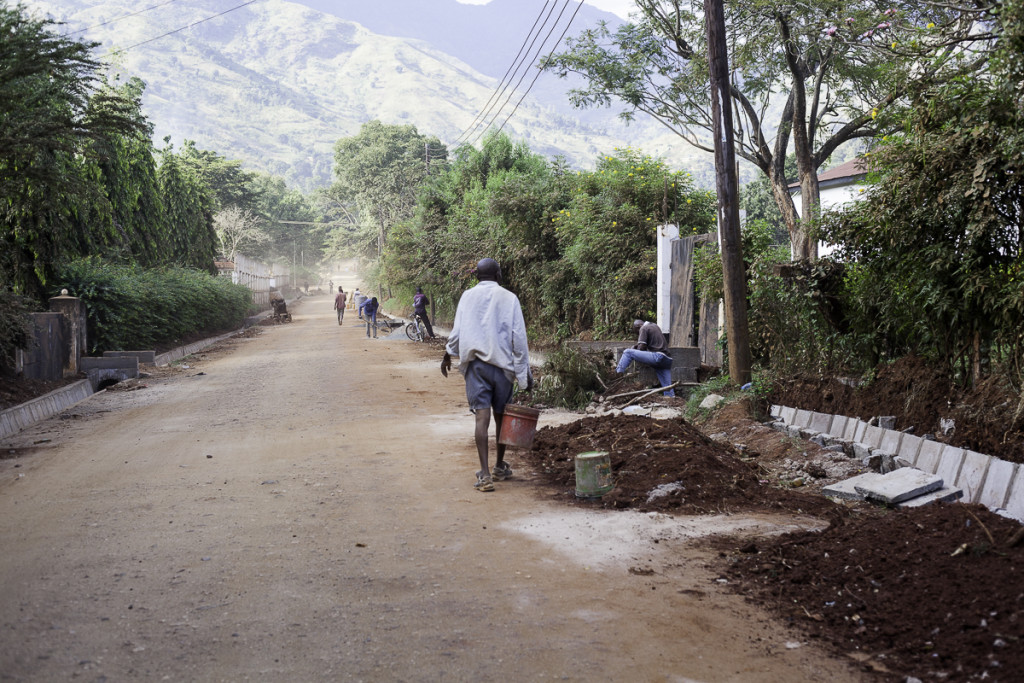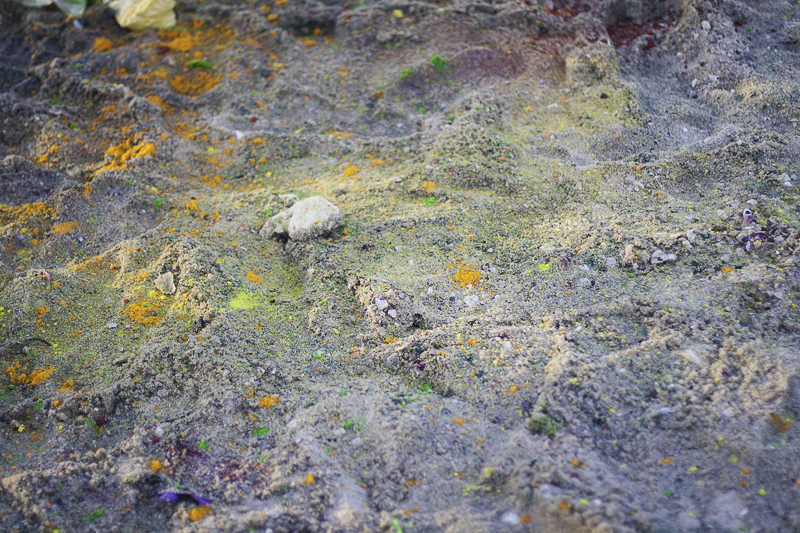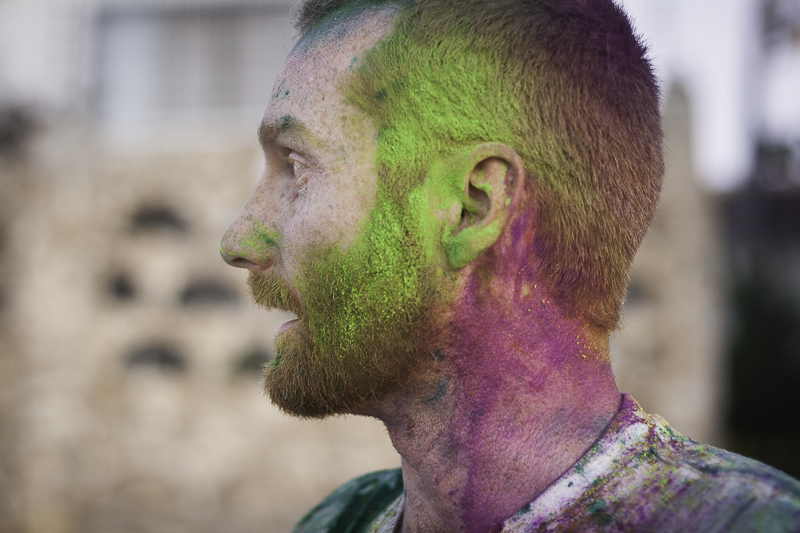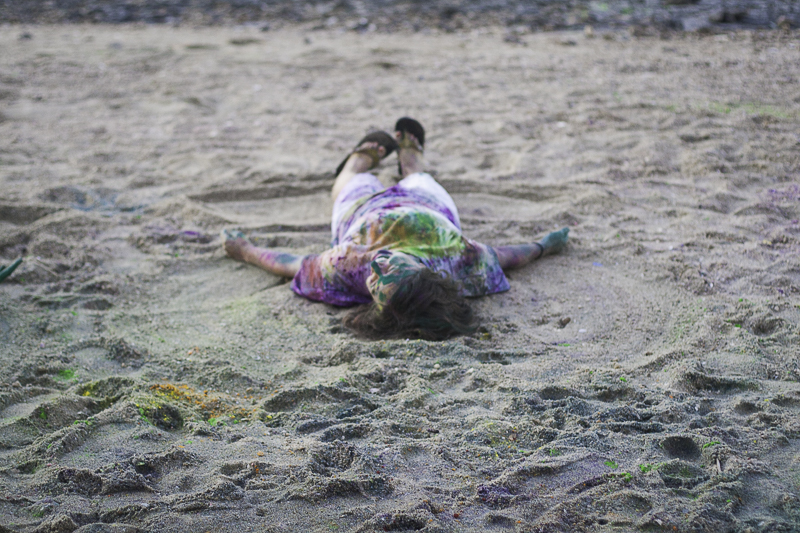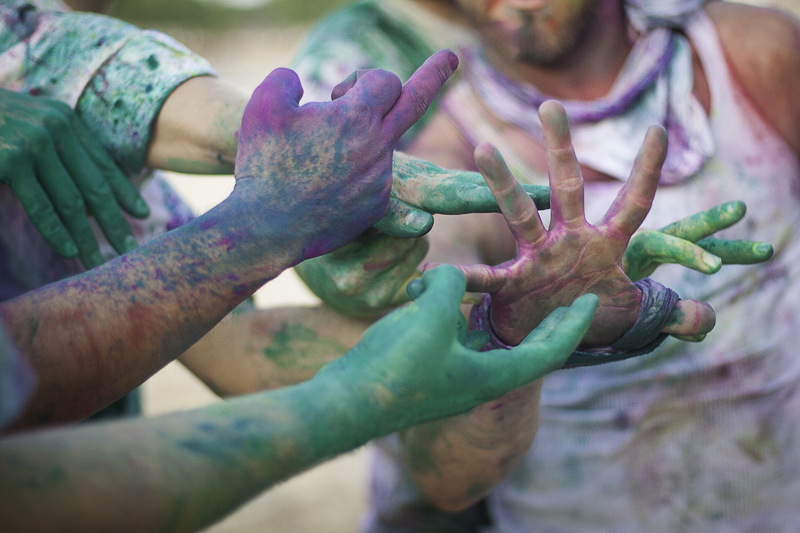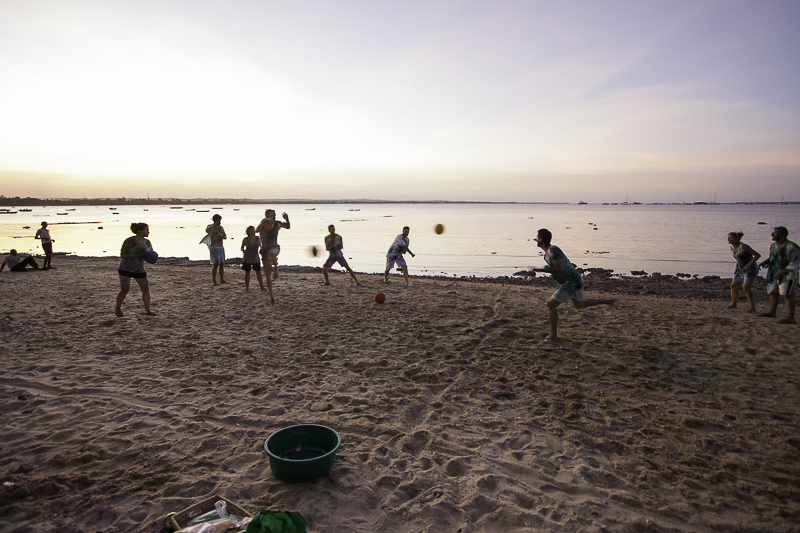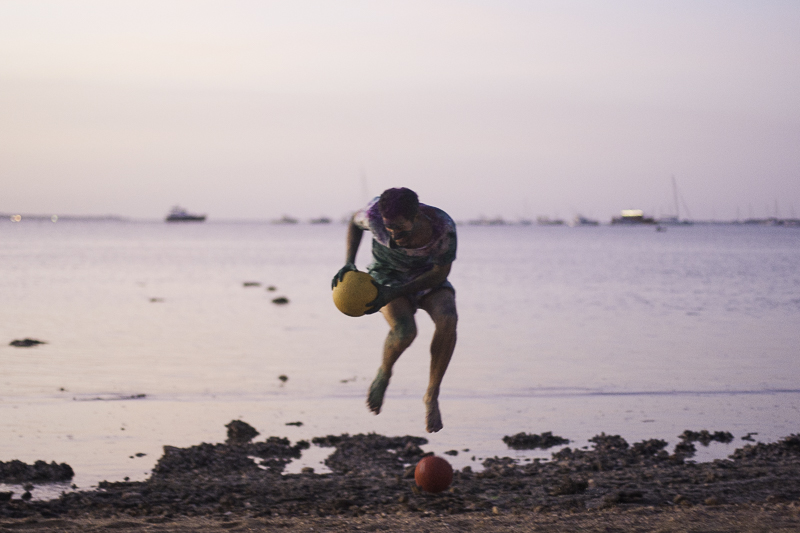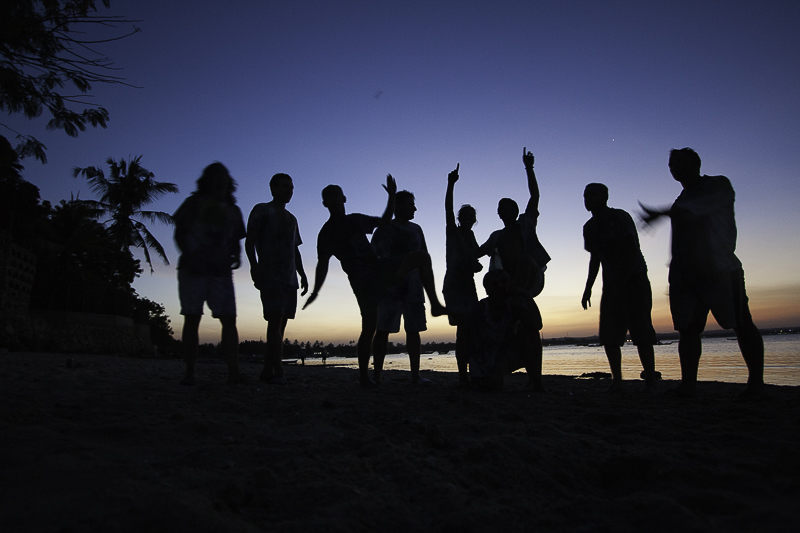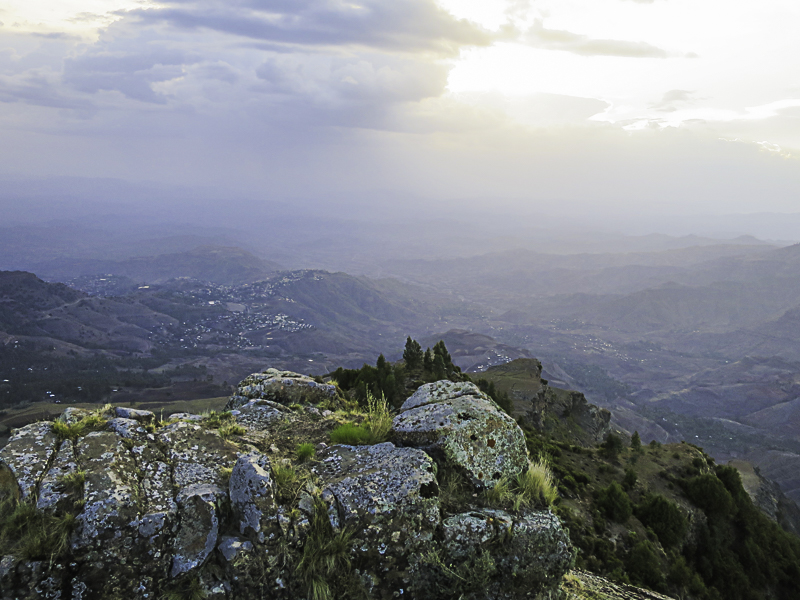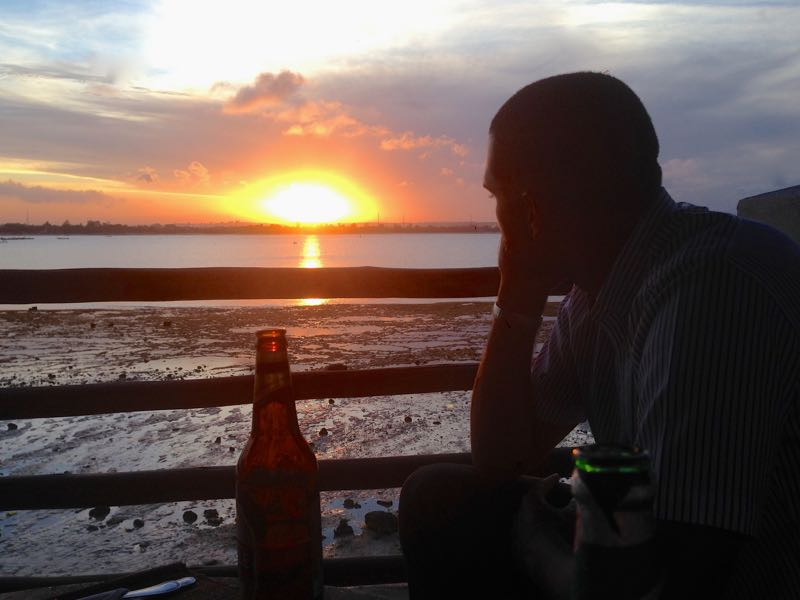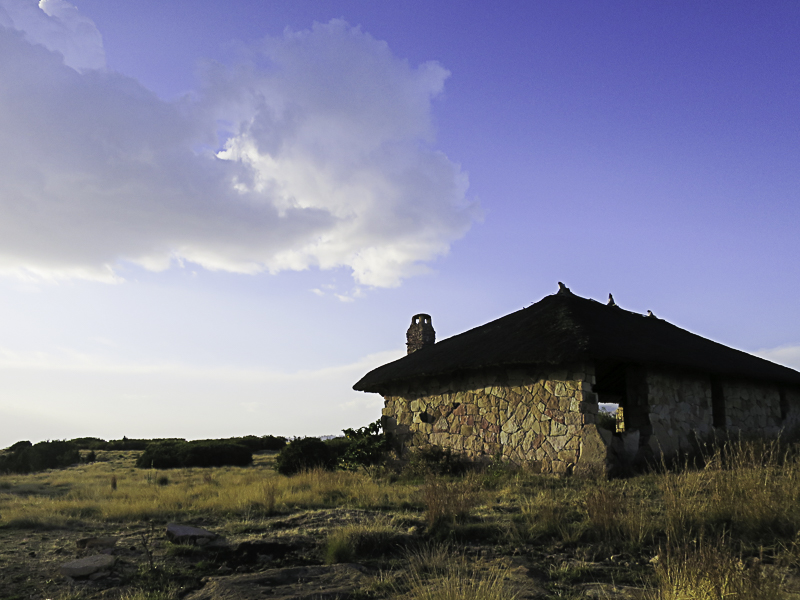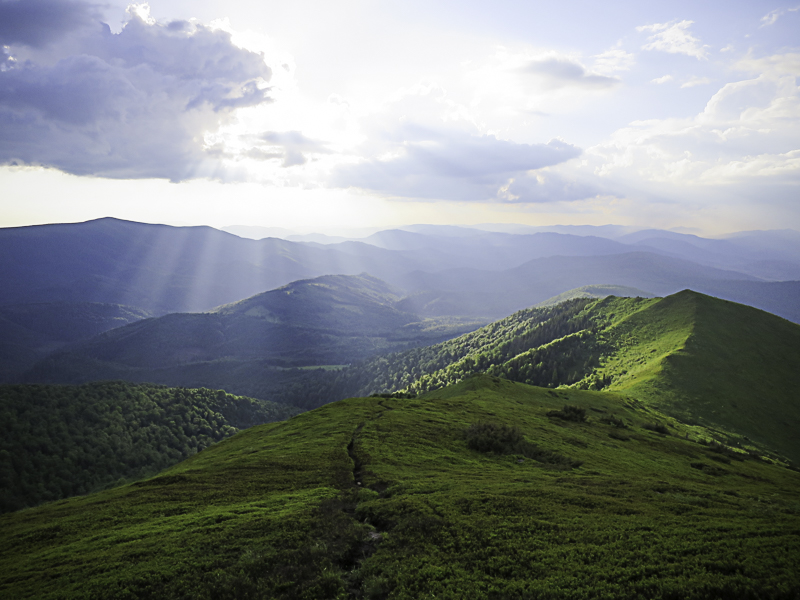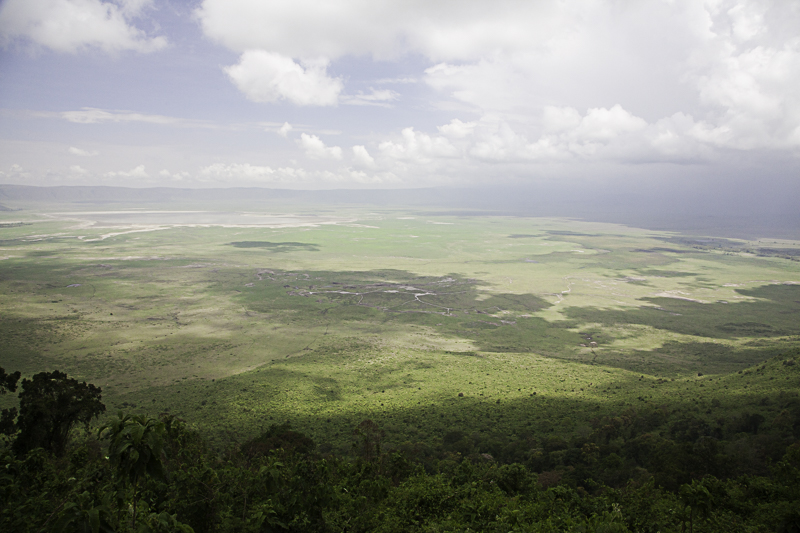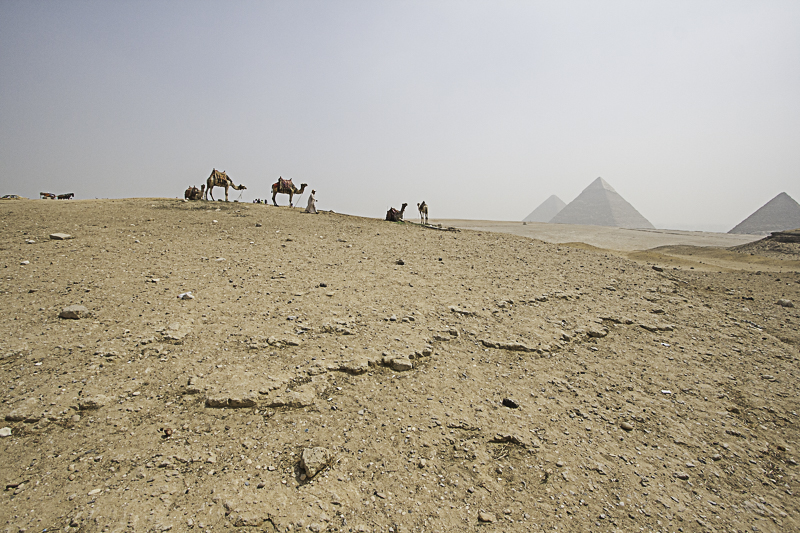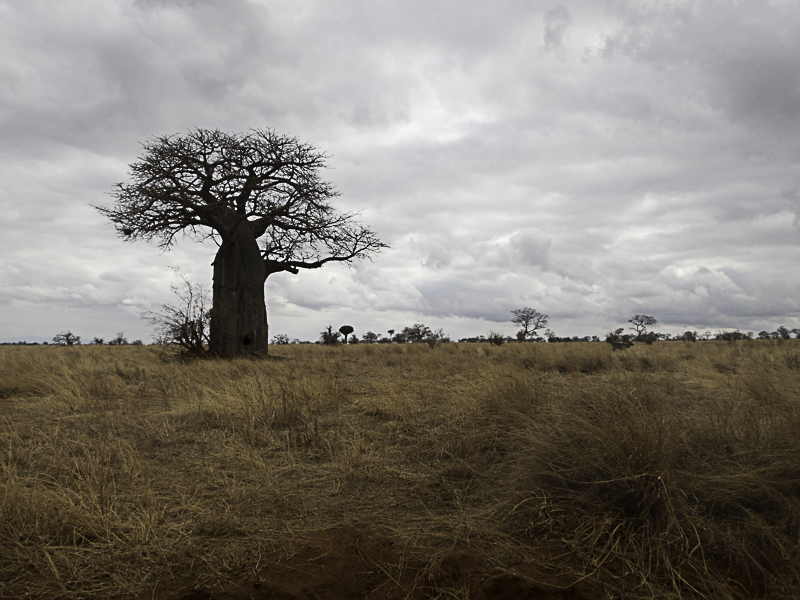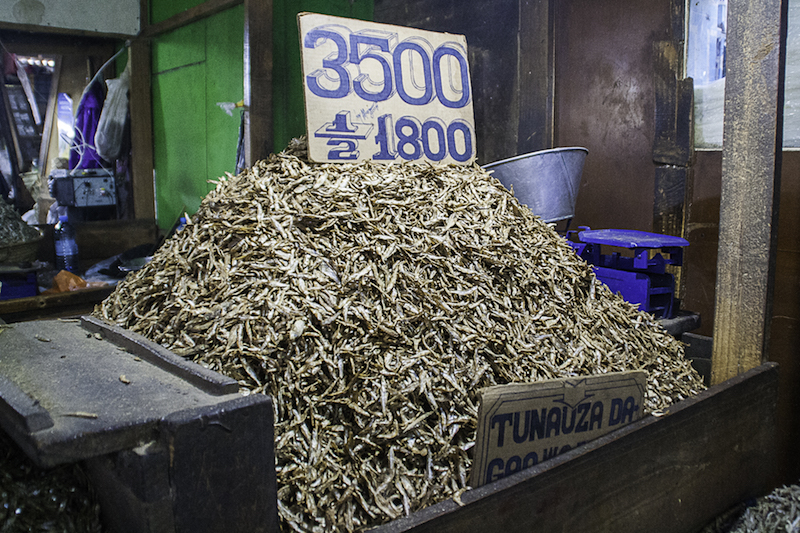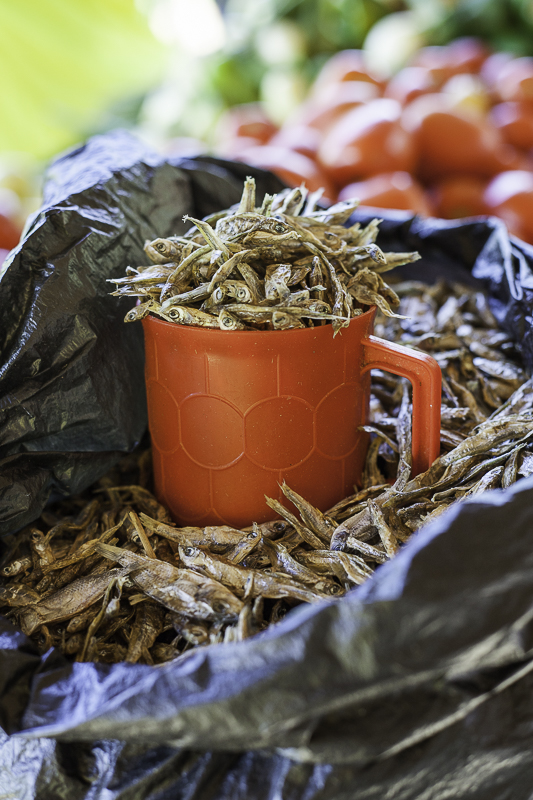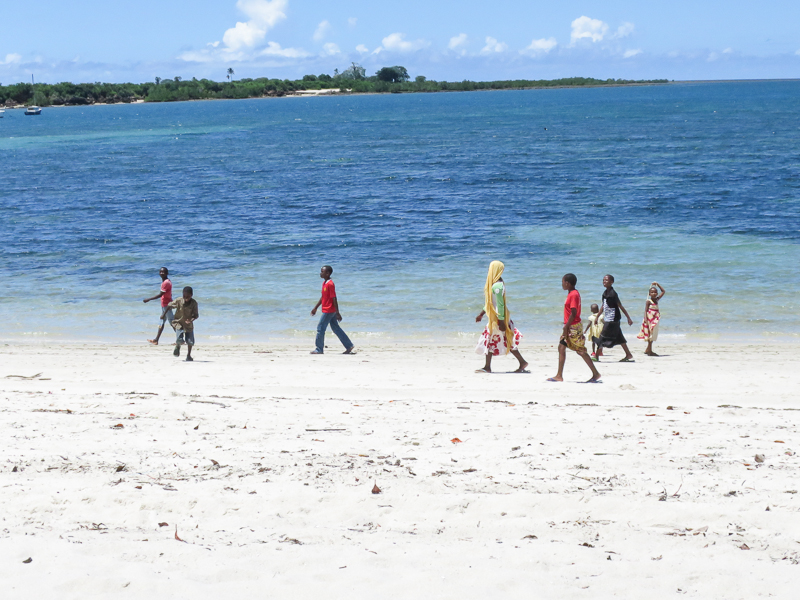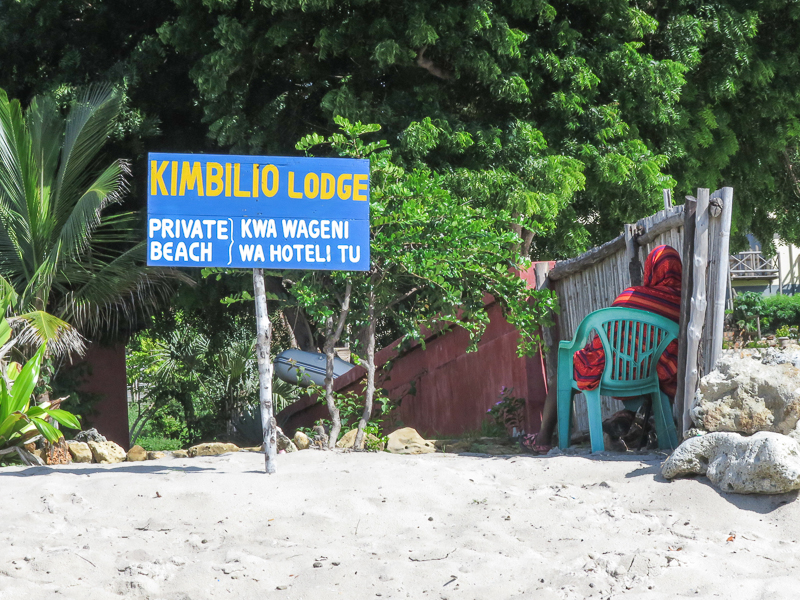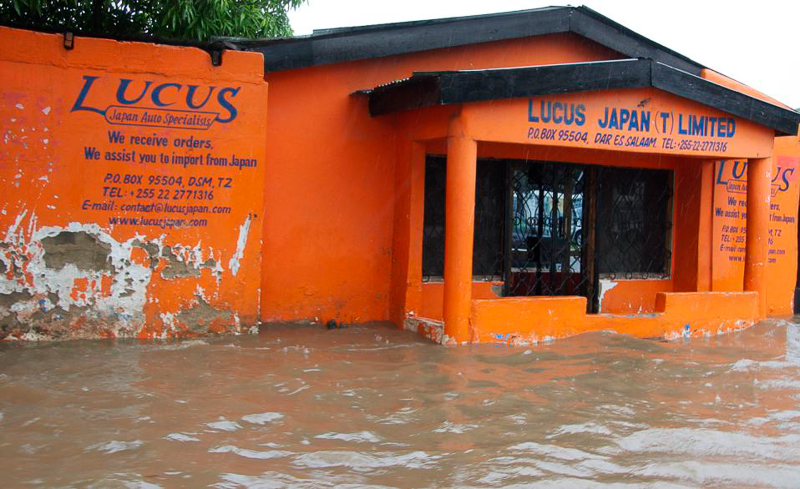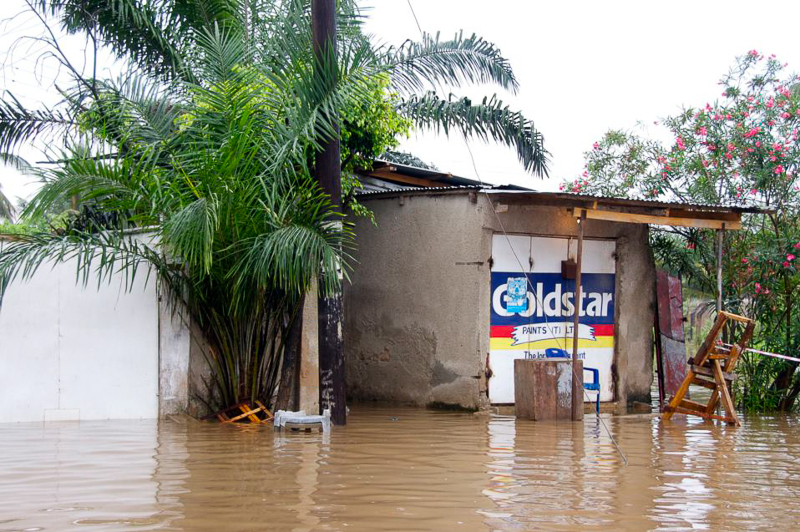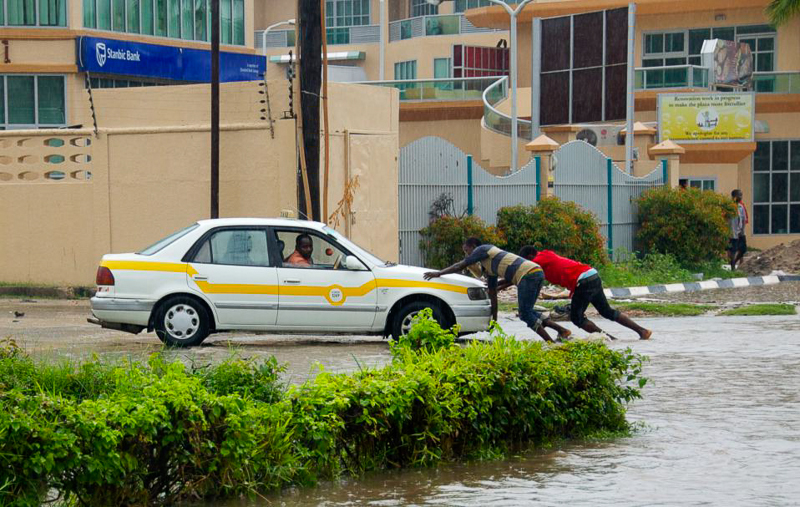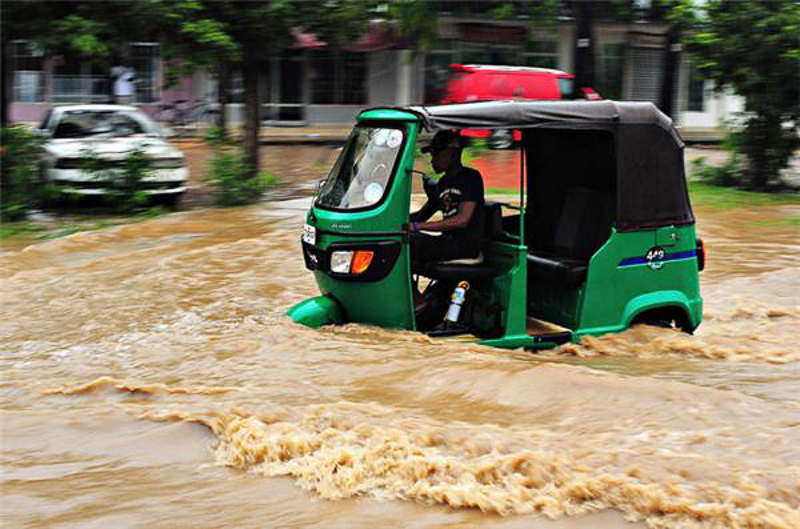As my time here in Dar winds down– two more months!— I find myself in a typical state of emotional schizophrenia. Each day goes by with me wavering between great anticipation for what is ahead, and some melancholy sadness for the things I’ll leave behind. Plus enormous piles of to-do-lists. Until ultimately I find myself just blocking out the idea of moving across continents altogether and instead spend my time philosophically musing about the entire concept of home. I’m telling you, this is typical.
So in the vein of procrastination, let’s talk about home here! What does home mean to you?
Very early on–like, neanderthal early–humans were made to be on the move, right? Who knows if home even made sense then? We (in the neanderthal sense) moved to where food was, where weather was least severe, where water was plentiful. Home was a shelter that shielded us from the elements. Home depended on whether other things around us would kill us.
Later on, after we stopped walking on our knuckles and started walking upright, we built up villages and cities and barricaded ourselves behind city walls and castle moats. But still, our homes were only so permanent. We (in the mid-century peasant sense) found ourselves moving around–to where our enemies weren’t, where there was new land to farm, where the resources were abundant, where our families led us. Entire eras were defined by the movement of humans across sea and land to better and brighter opportunity. Home was easily transplanted, as long as new comforts were available, and freedom and land was offered.
These days, our homes are fairly immovable. For most people, home is one place. One structure that is, literally, and appropriately, a house. And when we expand on this idea, I suppose we could say home is defined by our many personal comforts: It’s where we can afford to live, it is where our parents raised us, it is where our friends live, it is where we can make the most money, it is where the schools/restaurants/daycares/bakeries that benefit us exist. Home is where it’s the easiest for us, I think?
But for expats, the idea of home is a bit more difficult, both to identify, and to establish, and to put into words. Which is why, when I came across this article late last week, I practically stood up from my chair with applause.
Beautifully written as well as shockingly accurate, the last two sentences are the most poetic:
No one is ever free from their social or physical environment. And whether or not we are always aware of it, a home is a home because it blurs the line between the self and the surroundings, and challenges the line we try to draw between who we are and where we are.
Any expat can tell you- we talk about home a lot, and not always in the singular form. We talk about where we were from- home. We talk about what we like about our current location- home. We talk about where we lived before this- our previous home. We talk about visiting our families- also, home.
Like the article says, we end up making distinctions between these homes, but they are all home, nonetheless. We steadfastly recognize that home is different in the West than in the East, for a neanderthal and a millennial. We know that home here is just as much home there. We know that we can make, wherever we are, a home.
So in my last two months here in Dar, I’ll be making the most of this home…with great anticipation of setting off to a new home in Beijing.
In the meantime, more to-do lists…

